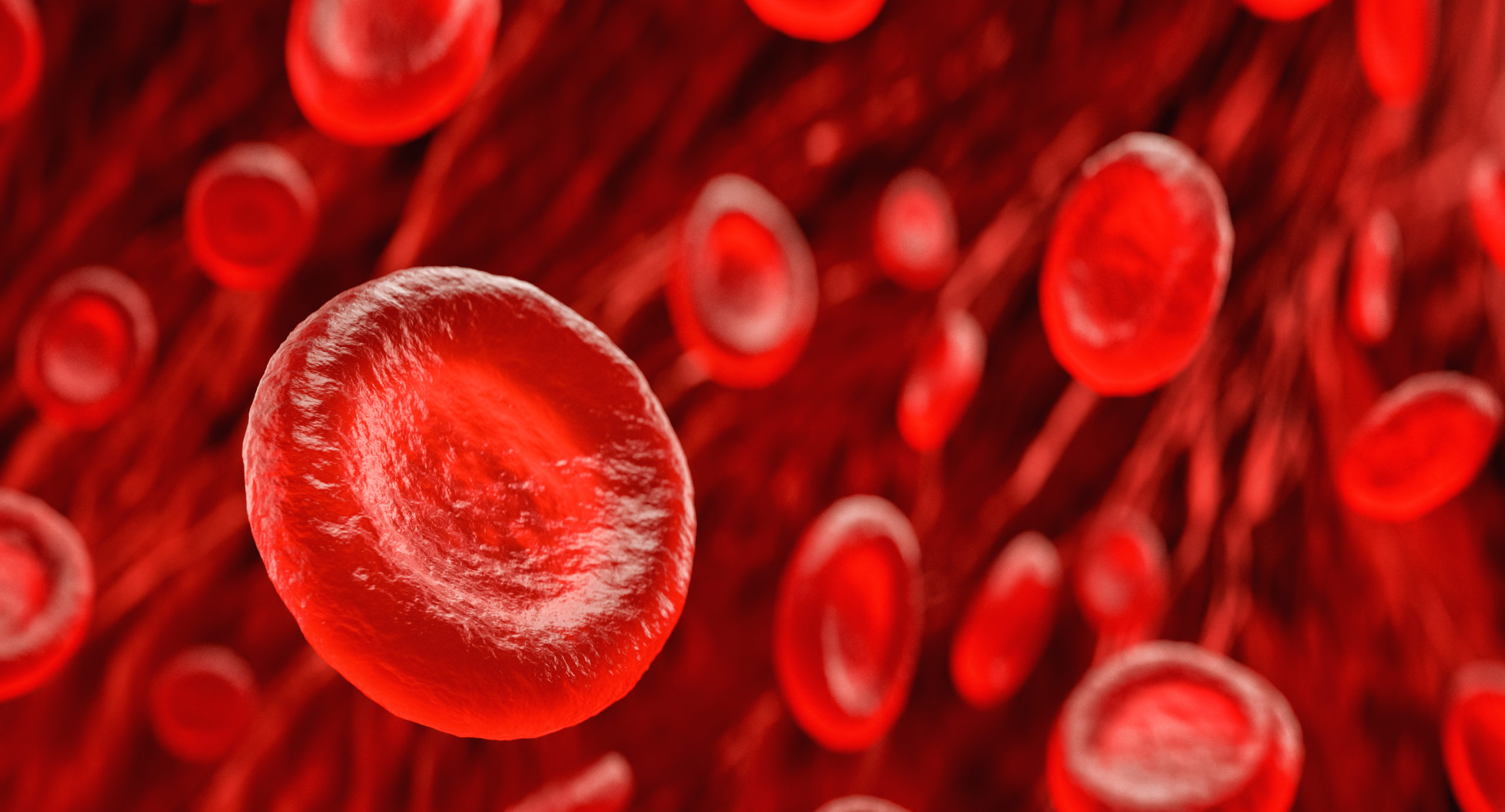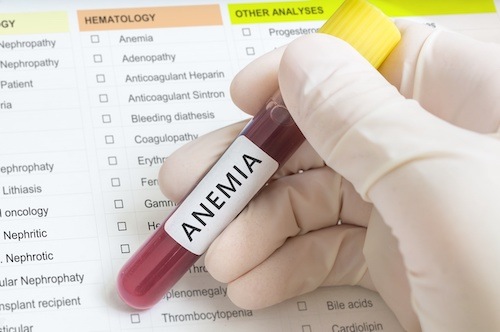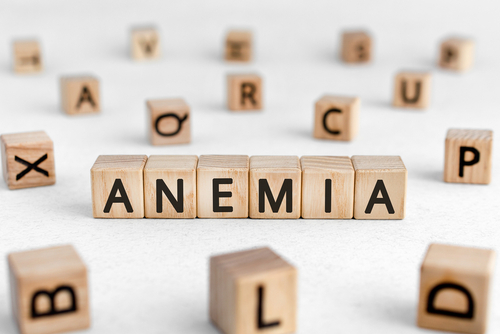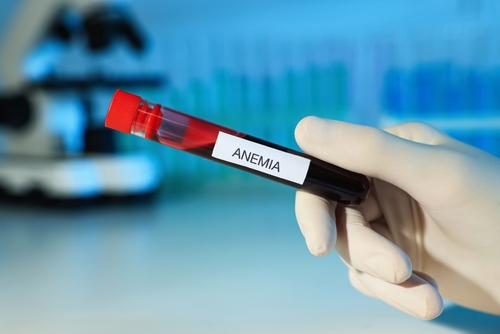
Nutrition is increasingly recognized as a factor in life expectancy for patients with end-stage renal disease (ESRD) receiving hemodialysis. Anemia and hypoalbuminemia are important criteria for determining life expectancy in dialysis patients. Anemia in patients with ESRD is most often driven by erythropoietin deficiency and increased resistance to erythropoietin, but that is not the only cause. One study found that about 30% of patients experience anemia even when they receive sufficient iron and erythropoietin.
Loss of appetite and inadequate nutrition in hemodialysis patients can reduce sensitivity to erythropoietin and lower life expectancy. Egg whites can provide an economical and easily digested source of B12 and iron, which help with anemia and iron deficiency, and speed up recovery from iron deficiency anemia. Investigators, including Jalal Azmandian, conducted an open-label, parallel-group, per-protocol clinical trial that examined the effect of an egg white diet in relation to anemia. Their findings were reported in the Journal of Renal Nutrition.
The study was conducted in dialysis centers from September 2020 to January 2021. It included 107 patients receiving hemodialysis who were ≥18 years of age and had hemoglobin levels <12 g/dL and required treatment with artificial erythropoietin and iron infusion. Mean age was 54.31 ± 16.35 years, and 57.9% of the subjects were male. Participants were divided into two groups: an egg white group (n=55), which consumed an egg white pack containing six egg whites, 96 calories, and 24 g of protein as a substitute for meat products 3 days a week for 8 weeks, and a control group (n=52).
Height and weight were measured along with albumin, hemoglobin, ferritin and iron/total iron binding capacity (TIBC), and dialysis adequacy before starting the diet. At the end of weeks 4 and 8, patients’ levels of albumin, hemoglobin, and ferritin and iron/TIBC were entered. Administration of erythropoietin and injectable iron were recorded in the final data collection form. The control group received no intervention, but changes in serum albumin, hemoglobin, ferritin and iron/TIBC, erythropoietin dose, and iron infusion dose were measured.
There was no significant difference in the mean of hemoglobin concentration between the groups at baseline (P=.13) or at 4 weeks (P=.48). However, after 8 weeks, the mean hemoglobin concentration in the egg white group was significantly higher compared with the control group (P=.03). At baseline, the mean of synthetic erythropoietin dose had no statistically significant difference between groups (P=.06). At 4 and 8 weeks, the mean of synthetic erythropoietin dose was significantly lower in the egg white group (P=.30) versus the control group (P=.001).
There was no statistically significant difference for other biochemical variables between groups at baseline. After 8 weeks, however, there was a statistically significant difference in iron infusion dosage, serum iron, albumin, and erythropoiesis resistance index (ERI). Consumption of the egg white meal led to an increase in serum iron, albumin levels, and hemoglobin concentration, and a lower dosage of iron infusion was required. There was no statistically significant difference for low or high ERI frequency at baseline between the two groups, but at 8 weeks, low ERI frequency was significantly higher in the egg white group (P=.02).
There were several limitations to the study, including its retrospective nature, limited follow-up period, and lack of a crossover design. The authors suggested that future studies explore a wider range of laboratory variables and the impact of egg white consumption on inflammatory variables.
The authors concluded that egg whites could be a beneficial source of protein for patients on dialysis. They wrote, “Specifically, we observed that consumption of the egg white meal led to an increase in mean hemoglobin concentration, serum iron, and albumin levels. Additionally, we found that patients required a lower dosage of Venofer [iron sucrose injection] and synthetic erythropoietin when consuming an egg white diet. These results suggest that the egg white meal could be a useful dietary intervention for dialysis patients with anemia due to its low cost, ease of administration, and good tolerability.”
Source: Journal of Renal Nutrition







 © 2025 Mashup Media, LLC, a Formedics Property. All Rights Reserved.
© 2025 Mashup Media, LLC, a Formedics Property. All Rights Reserved.